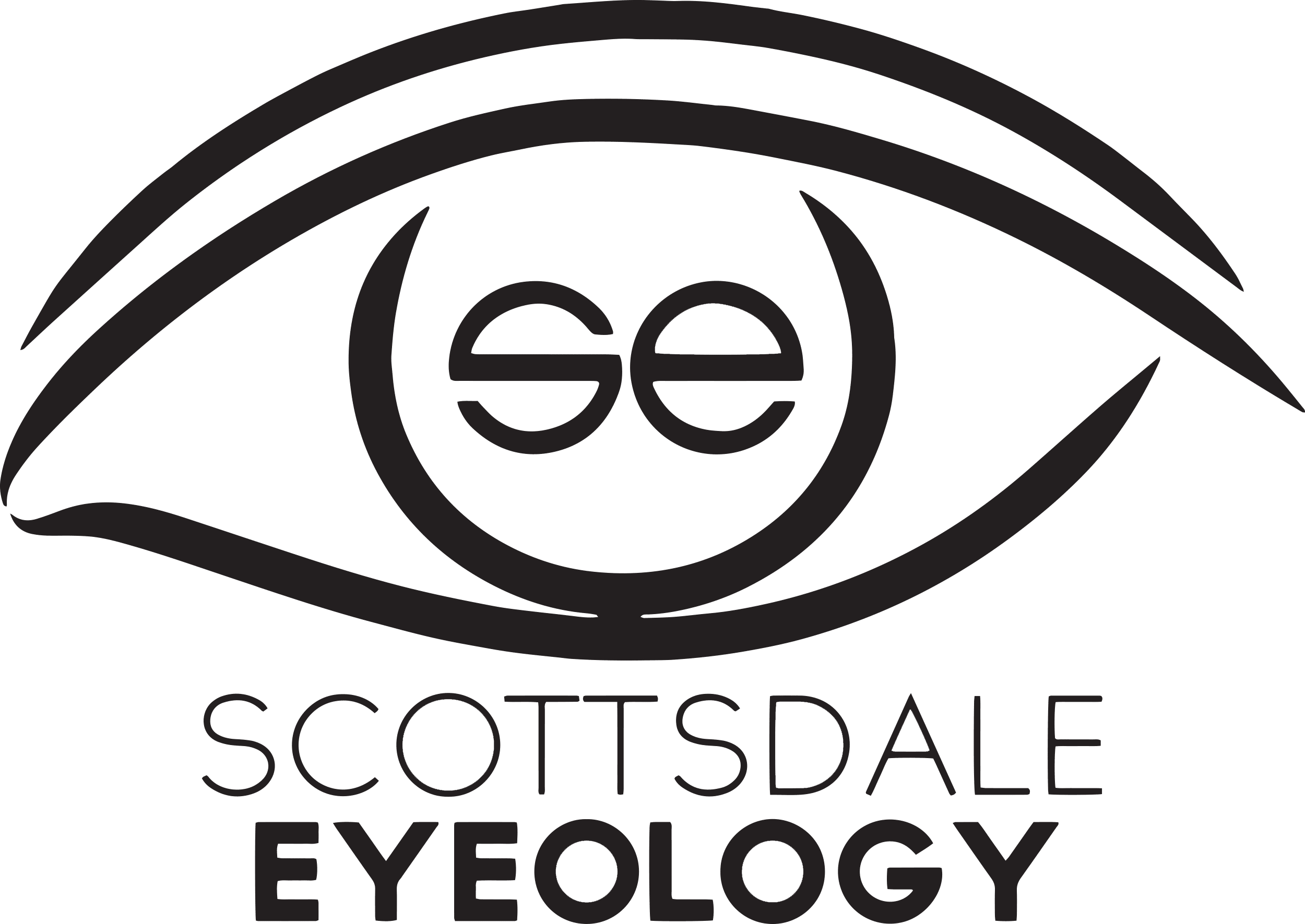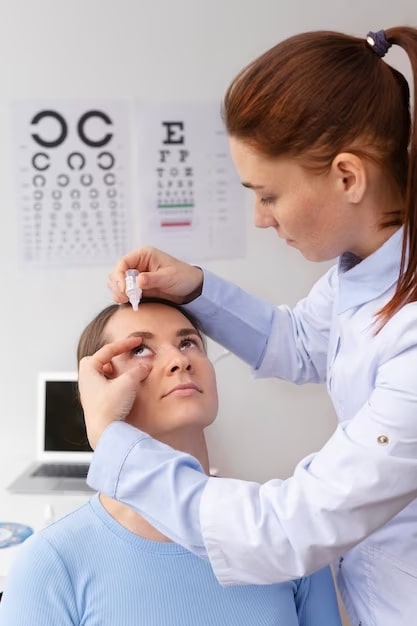Our eyes are precious assets, and their well-being is crucial for experiencing the world’s beauty. To ensure they remain clear, vibrant, and healthy throughout our lives, understanding the role of nutrition in eye health is paramount. This comprehensive guide will delve into the importance of maintaining good eye health and how the food you consume plays a pivotal role in achieving that goal.
Common Eye Conditions and Nutritional Deficiencies
Age-related Macular Degeneration (AMD) and Antioxidants
Age-related macular degeneration (AMD) is a leading cause of vision loss, especially among the elderly. It’s a condition that gradually affects the macula, the part of the retina responsible for central vision. A diet rich in antioxidants, including vitamins A, C, and E, can significantly reduce the risk of AMD.
Cataracts and Vitamins
Cataracts, characterized by the clouding of the eye’s lens, are a prevalent eye condition often associated with aging. Nutrients like vitamin C have been linked to a lower risk of cataracts. Vitamin C is a potent antioxidant that helps protect the eye lens from oxidative damage.
Dry Eyes and Omega-3 Fatty Acids
Dry eye syndrome is common, causing discomfort, itching, and blurred vision. Increasing your intake of omega-3 fatty acids, particularly docosahexaenoic acid (DHA) found in fish oil, can help alleviate these symptoms.
Essential Nutrients for Healthy Eyes
1. Vitamin A and Beta-carotene
Vitamin A, a fat-soluble vitamin, is crucial for maintaining good vision. In particular, beta-carotene, a precursor to vitamin A found in various foods, plays a vital role. Foods like carrots, sweet potatoes, and spinach are excellent sources of beta-carotene.
2. Vitamin C and Antioxidants
Vitamin C is a water-soluble vitamin with strong antioxidant properties. It helps protect the eyes from oxidative damage caused by free radicals. Citrus fruits like oranges, as well as berries, are rich in vitamin C.
3. Vitamin E and Tocopherols
Vitamin E is another potent antioxidant that supports eye health. It protects the cells in your eyes from damage caused by free radicals. Nuts like almonds, seeds like sunflower seeds, and hazelnuts are excellent sources of vitamin E.
4. Zinc and Eye Health
Zinc is an essential mineral that contributes to maintaining the retina’s health. It may also help prevent age-related vision loss. You can find zinc in lean meats, seafood, and dairy products.
5. Omega-3 Fatty Acids and DHA
Omega-3 fatty acids, particularly docosahexaenoic acid (DHA), are essential for eye health. These healthy fats play a role in the structure of retinal cells and help alleviate dry eyes. Fatty fish like salmon, mackerel, and trout are excellent sources of DHA.
Foods for Optimal Eye Health
- Dark Leafy Greens and Colorful Vegetables: Dark leafy greens such as kale and spinach and colorful vegetables like bell peppers are rich in eye-boosting nutrients. They are abundant in vitamins A, C, and E and antioxidants.
- Citrus Fruits and Berries: Citrus fruits like oranges and berries like blueberries contain vitamin C and antioxidants. They help protect your eyes from oxidative damage, ensuring they stay healthy and vibrant.
- Nuts and Seeds: Nuts such as almonds, sunflower seeds, and hazelnuts are rich in vitamin E, essential for maintaining eye health. Their crunchy goodness offers a delicious way to support your vision.
- Fish and Seafood: Fatty fish like salmon, mackerel, and trout provide a bountiful supply of omega-3 fatty acids, particularly DHA. Incorporating these fish into your diet can help maintain good vision and alleviate dry eyes.
- Eggs and Dairy Products: Eggs and dairy products like milk and cheese contain vital nutrients such as vitamin A and zinc, which are beneficial for your eyes. Including these in your diet provides a well-rounded approach to eye health.
Recommendations for an Eye-Friendly Diet
- Balanced and Varied Meals: Creating a balanced and varied diet incorporating these eye-healthy foods ensures you receive a broad spectrum of nutrients, promoting good vision.
- Portion Control and Moderation: While these foods are undoubtedly beneficial for your eyes, moderation is key. Overindulgence in any type of food, even the healthiest choices, can lead to weight gain and other health issues.
- Hydration and Fluids: Proper hydration is essential for maintaining good eye health. Drinking plenty of water throughout the day keeps your eyes hydrated and helps prevent discomfort and dryness.
Lifestyle Habits for Healthy Eyes and Vision
Regular Eye Exams:
Scheduling annual eye exams with our qualified Scottsdale optometrist or ophthalmologist is a proactive step in maintaining good eye health. Regular check-ups can detect potential problems early, allowing for prompt treatment and prevention of more severe conditions.
Protection from UV Rays:
Prolonged exposure to ultraviolet (UV) rays can adversely affect the eyes. Wearing sunglasses blocking UVA and UVB rays is essential for protecting your eyes from harmful sun exposure.
Limiting Screen Time and Taking Breaks:
The digital age has brought a new challenge to our eyes. Prolonged screen time, whether on a computer, tablet, or smartphone, can cause eye strain, discomfort, and even blurred vision. To alleviate these symptoms, follow the 20-20-20 rule: take a 20-second break to view something at least 20 feet away every 20 minutes.
Quitting Smoking:
Smoking is linked to an increased risk of cataracts and AMD. Quitting smoking can significantly improve your eye health and overall well-being.
Conclusion
The importance of nutrition in promoting healthy eyes and vision cannot be overstated. You can protect and enhance your vision by incorporating various nutrient-rich foods into your daily diet and adopting healthy lifestyle habits. Regular eye exams and protection from UV rays are also crucial components of maintaining good eye health. Commit to take care of your eyes, and you’ll enjoy a lifetime of clear, vibrant, and beautiful sight. You can safeguard your vision for years with the right nutrition and lifestyle choices.


